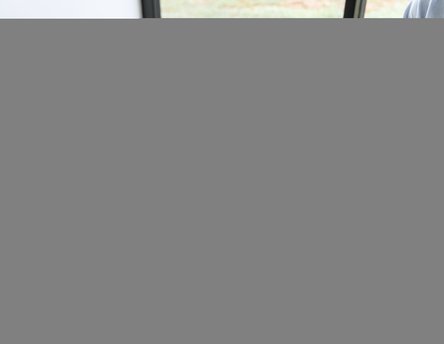The exercise of regulated professions in Germany requires recognition of professional qualifications, regardless of the country of origin. The regulated professions include, for example, qualifications in the areas of health, engineering, legal advice, and state schools.
According to the Federal Employment Agency, the regulated professions are divided into five professional groups and are currently 433 professions.





The recognition procedure is legally based on the Professional Qualification Assessment Act and federal professional laws as well as corresponding federal state laws.
This procedure requires that the applicant:

Notification (Bescheid). The applicant receives a notification of the recognition procedure from the competent authority.
The notification will indicate whether there is partial or no recognition of equivalence. In the case of partial recognition, after the qualification, compensatory measures or adaptive qualification is necessary.

©2014-2023 WTG Consulting, WTG Virtual school , WTG Co. S.A.R.L. All Rights Reserved
